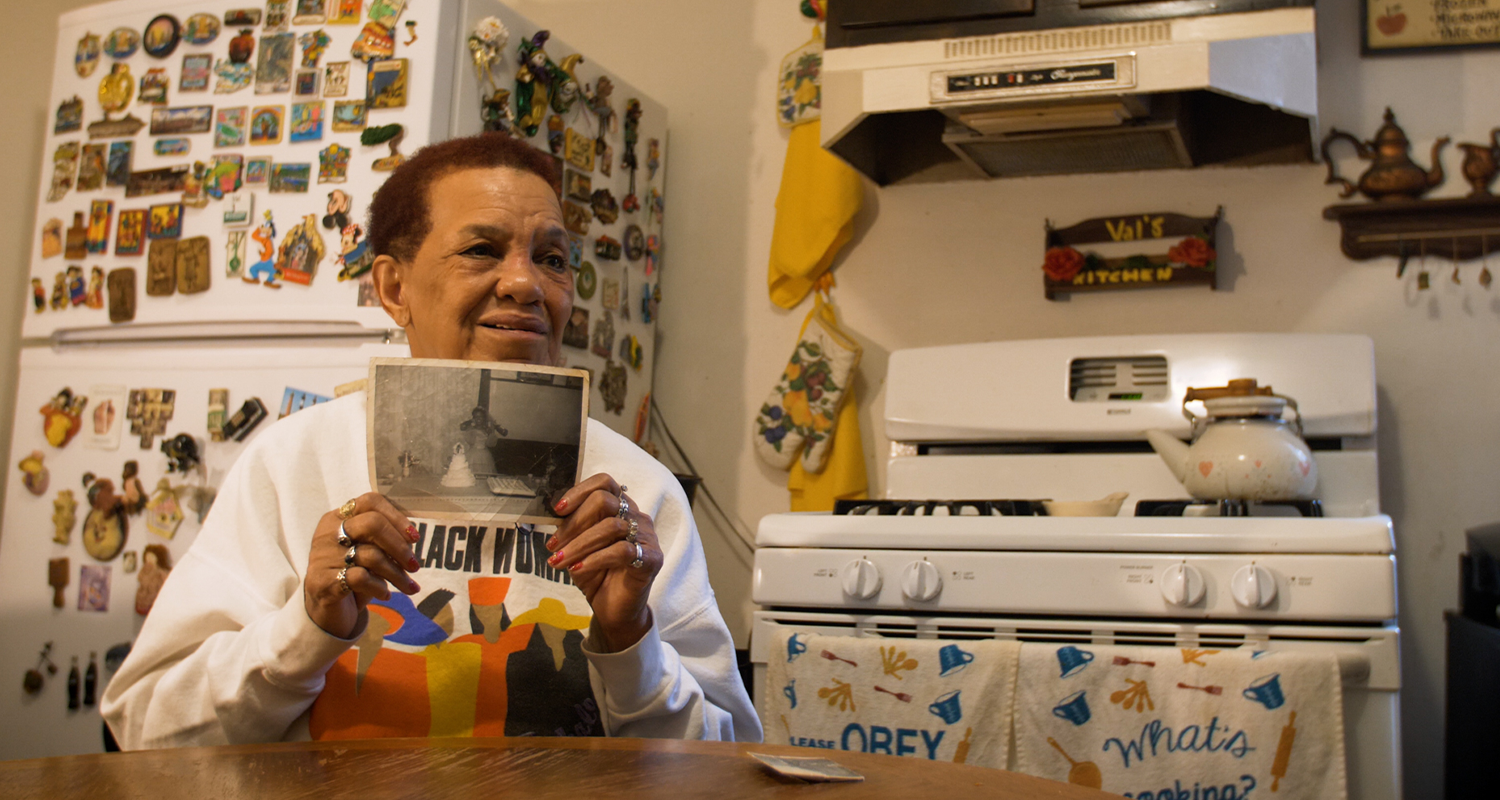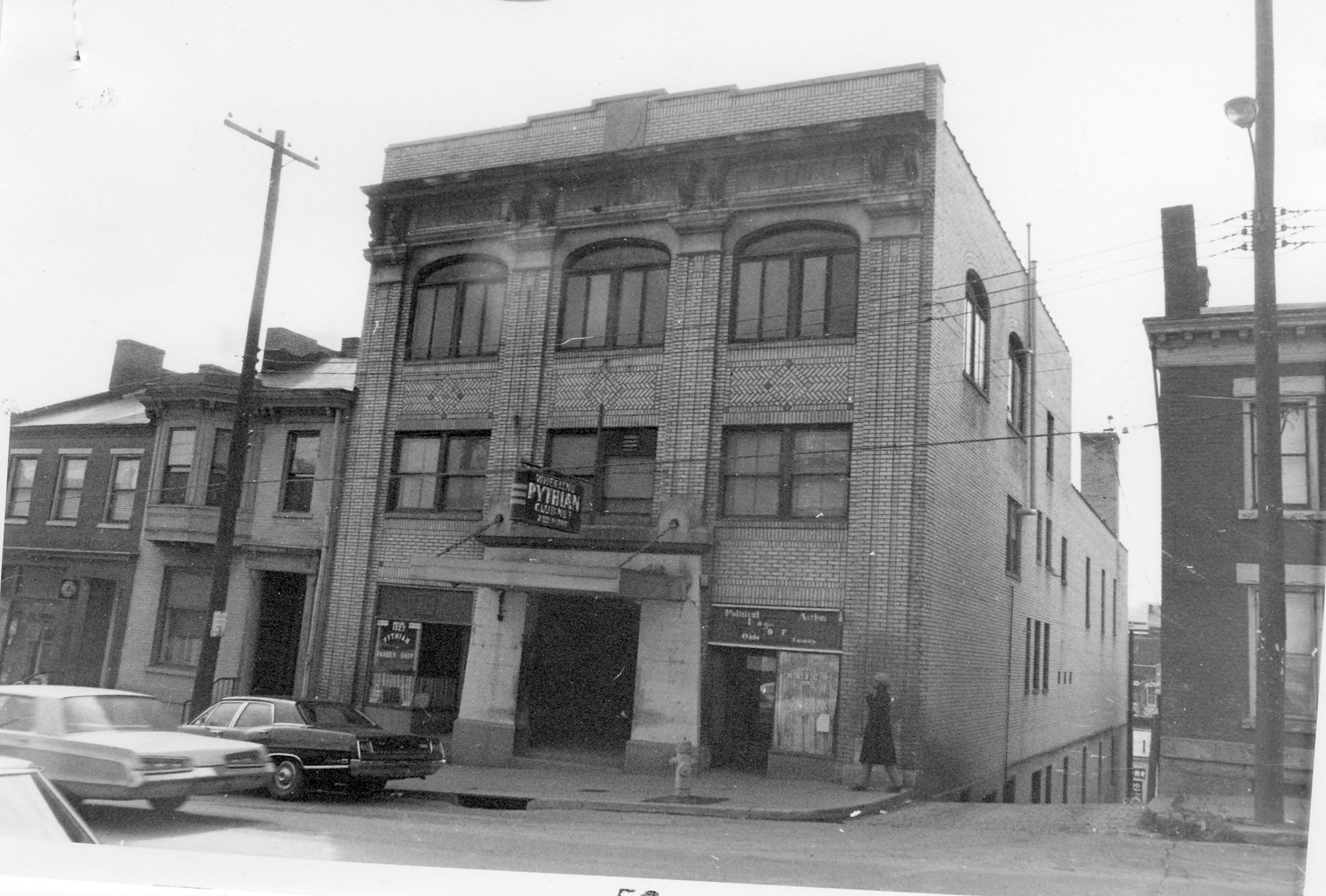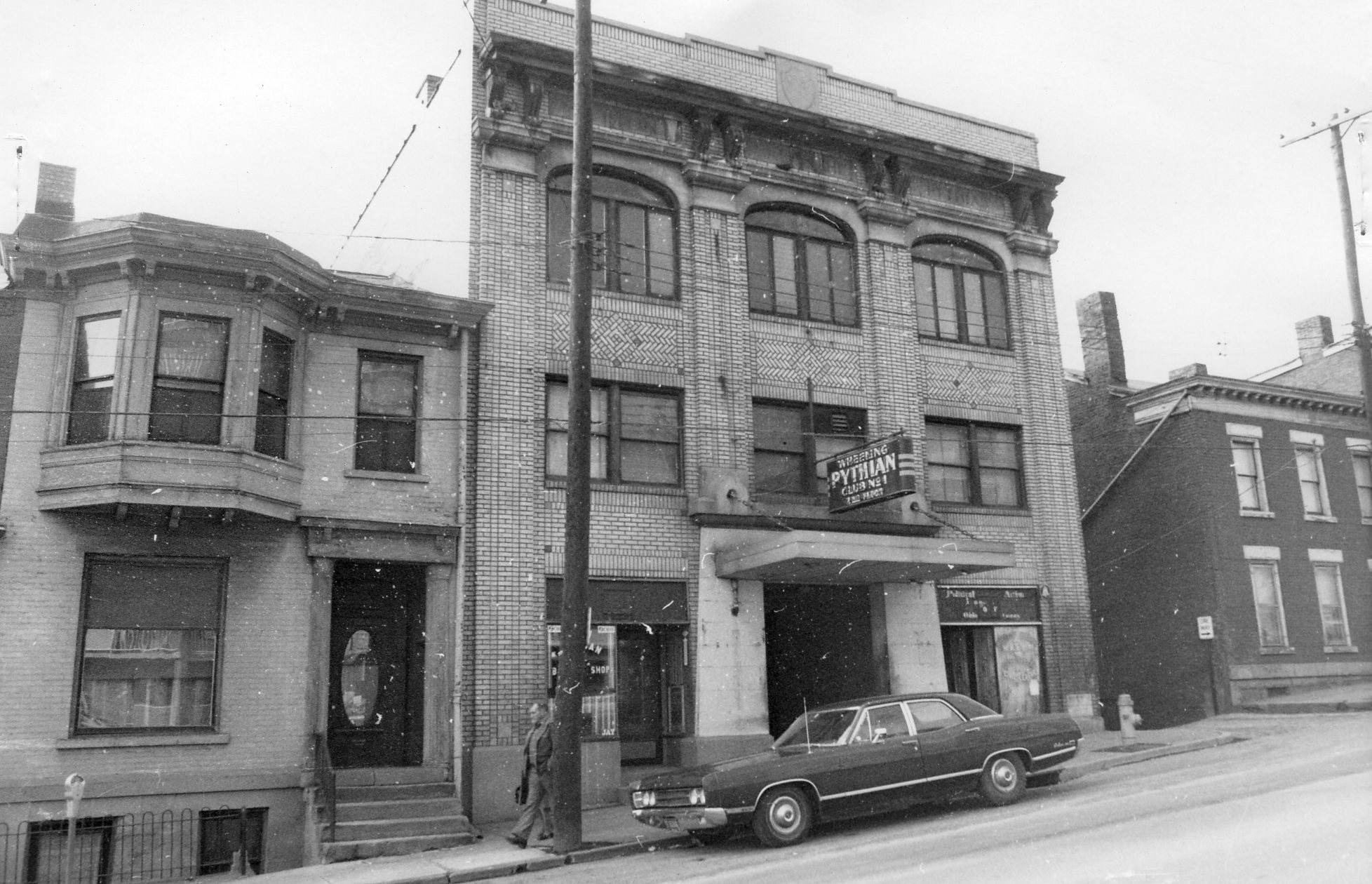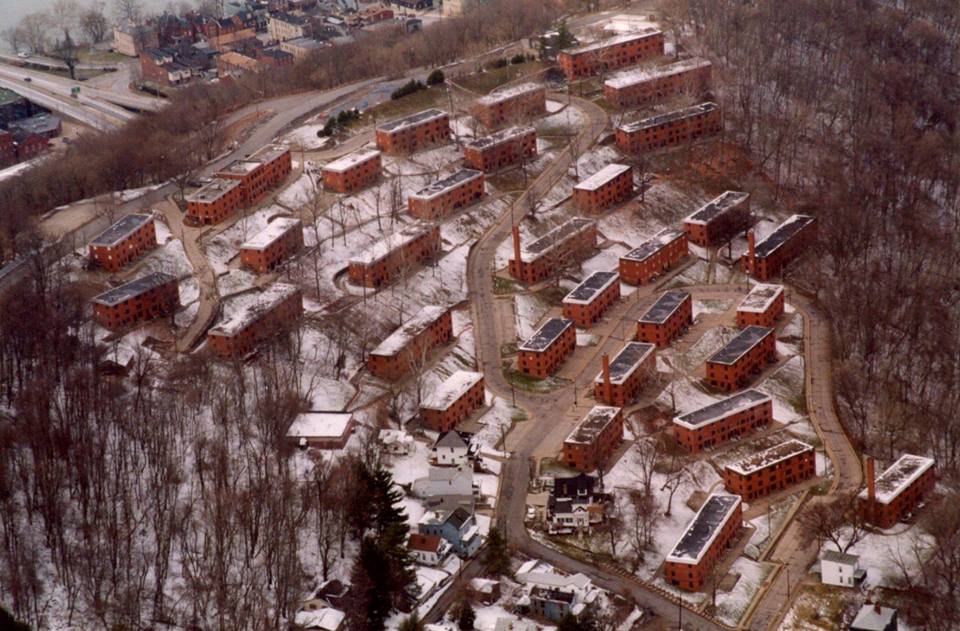Special thanks to Valtricia Manns-Stradwick, James “Choo Choo” Webb, and Anthony Williams for inviting us into your homes and sharing your memories with us. Thank you to Ron Scott and the YWCA Wheeling for partnering with us to share these important stories with the community.
Black History Month is an important time to honor, celebrate and recognize the contributions made by African Americans in the United States from all periods of history. More often than not, it’s also a time when we are called to action. Whether it’s supporting Black-owned businesses, educating yourself on Black history through literature and public programs, or giving back to the community through volunteering, there are plenty of ways to celebrate. While it’s common for Black History Month to inspire important calls to action, this year, we were called to listen.
The Wheeling Heritage Media team partnered with the YWCA Wheeling to spend the month of February listening to folks from our community as they reminisced and shared their stories about growing up in Wheeling. More often than not these conversations centered around a specific place or space. These oral histories play a crucial role in understanding how these spaces served the Black community and shaped their experiences throughout different eras in our history.
We hope that sharing these stories at the end of Black History Month can serve as an example of how celebrating and learning about Black history shouldn’t end in February. And, how simply listening and bearing witness to the lived experiences of others can be a powerful act of solidarity.
The Pythian Building
Built in 1928 by the African American Pythian Fraternal Group, The Pythian building located at 1025 Chapline Street served as the hub for black families throughout segregation-era Wheeling and beyond. A counterpart to the Pythian Lodge on 16th street, both buildings were built to accommodate segregated fraternal organizations.
The Chapline Street Pythian was centrally located in the midst of a vibrant black-owned business district that was home to shops, restaurants, Doc White‘s beloved pharmacy, and more. The Pythian itself housed several Black-owned businesses, including a theatre, event space, lodging rooms, a barbershop, and restaurant – initially called The Phythian Restaurant – but later known as The Palm Garden.
Sadly, the area around the Pythian building was decimated in the 1970s due to Urban Renewal – a racially-motivated planning initiative that provided funds for cities to identify and clear the people and buildings in areas determined to be ‘blighted”, before transferring ownership to private entities for redevelopment. Wheeling’s Urban Renewal Authority undertook several of these projects in Centre Wheeling and notably took virtually all of the buildings on the 1100 block of Chapline by eminent domain and razed them. These actions obliterated the core of Wheeling’s Black commercial district, leaving the Pythian building as one of the last remaining remnants of what was once a thriving hub of the Black community.
Valtricia Manns-Stradwick grew up in Centre Wheeling and spent plenty of time in the neighborhood surrounding the Pythian Building. She recalls the Black-owned businesses that were all along the street, as well as the Market House Skating Rink (today Market Plaza) which was segregated and only allowed Black community members 30 minutes to skate.
Hear Valtricia recall these memories in her own words in the video below:
Nightlife in Wheeling
Beginning in Jim Crow-era Wheeling, bars and restaurants provided important “third places” for members of the black community. “Third places” can be defined as spaces between home and work where social bonds are formed1. Early establishments like American Legion Post 89 and The Elks Lodge 74 weren’t just places to eat and drink, but they also were important spaces for socializing and building community. Later, Black-owned establishments like the Chit Chat Lounge opened their doors to all and continued the tradition of acting as social hubs for the community.
The Chit Chat lounge, formerly located at 1615 Market Street, where the WVNCC bookstore sits today, was one of these spaces. Owner and operator James Webb, affectionately known as “Choo Choo”, grew up around the bar business, inspiring him to open his own club. Described as “more than a beer” Webb recalls the good and bad parts of bar ownership, and how creating a safe space for his community came with challenges. The Chit Chat Lounge was open from 1990 to 2000 but it remains in the collective memory of the community.
Listen as Choo Choo recounts his experiences as a bar owner and the fond memories he and others have from The Chit Chat Lounge.
Vineyard Hills
The Housing Act of 1937 created the United States Housing Authority which provided federal loan funds for the creation of low-income housing. Within years, thousands of public housing projects were built across the county. In Wheeling, communities like Vineyard Hills, Lincoln Hill Homes, and Hil-Dar, were constructed as public housing.
A defunct former Vineyard atop Wheeling Hill was chosen as the location for the Vineyard Hills homes. Completed in 1941, Vineyard Hills included 32 buildings with over 300 public housing units. These homes were mostly occupied by Black families from the time it was completed until the late 1990s. This community experienced the challenges and triumphs of day-to-day life, as well as the long-term, systemic neglect of the built environment that was common among public housing.
While public funds allowed for the initial construction of this housing, they neglected to fund continued maintenance and improvement to the homes. As a result, Vineyard Hills continued to operate without necessary improvements and was eventually demolished in the late 1990s. In 1999, the City of Wheeling received a Hope IV grant to build replacement low-income housing, though only a fraction of the 300 units from Vineyard Hill were replaced. Grow Ohio Valley established an orchard on another portion of the site in 2014
Anthony Williams moved to Vineyard Hills when he was 4 years old. A lifelong resident of Wheeling, he recounts his experience as a child growing up in Vineyard Hills and the dichotomy between the public perception of “the projects” and the day-to-day life of a child growing up in that neighborhood. Hear him share his experience in the video below:
Sitting and listening is a critical first step in learning about the diverse history of our community. There were so many stories that were collected during these interviews that we weren’t able to share, but we plan to share more stories like these in the future. As we stated at the beginning of this article, celebrating Black History Month shouldn’t be limited to February, but instead, should be the beginning of a year-round dedication to changing the course of history by working towards the ideals of equality and justice for all.
We look forward to continuing the conversation. If you have a story to tell, send a message to us at weelunk@weelunk.com.
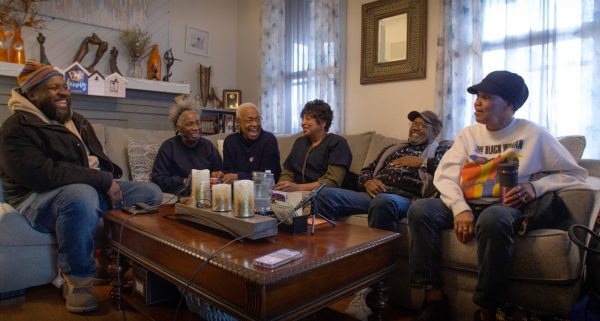
References
1 Mehta, Vikas, and Jennifer K. Bosson. “Third Places and the Social Life of Streets.” Environment and Behavior, vol. 42, no. 6, 2009, pp. 779–805., https://doi.org/10.1177/0013916509344677.


